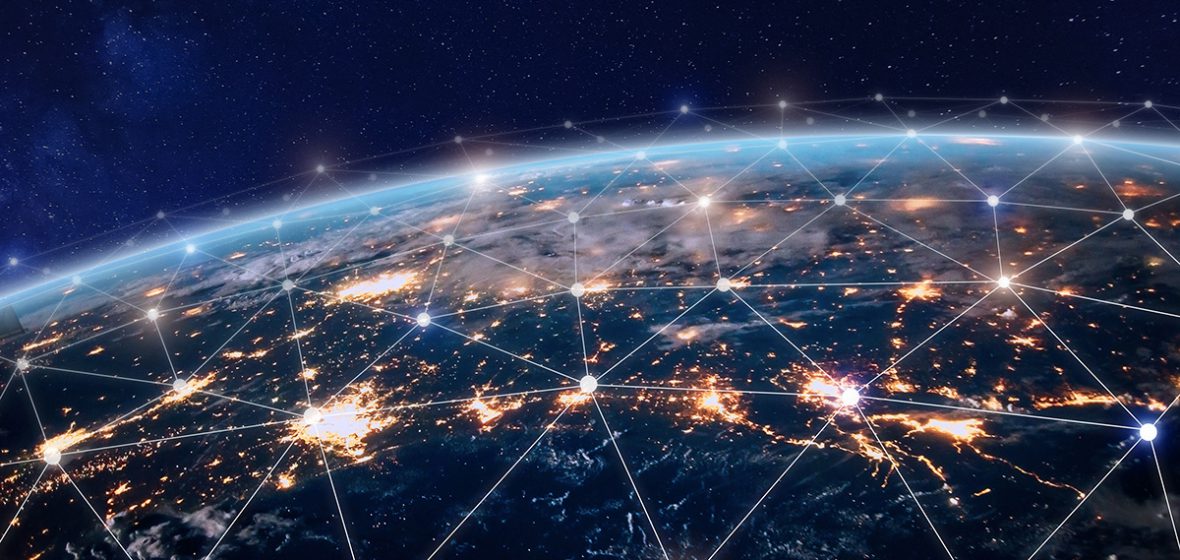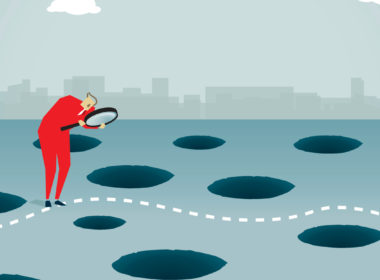Snapshot
- Space Law and Global Space Governance (GSG) are terms that refer to the international process of regulating global space activities. Mechanisms include international and regional treaties; agreements; model national laws and regulations; technical standards and procedures; codes of conduct and guidelines; and transparency and confidence building measures (TCBMs).
- Many of these regimes were created during the Cold War and are now outdated.
- The International Study of on Global Space Governance has now brought together experts from around the world (including Australia) , to consider new risks and issues arising from a complex variety of technological, political and military developments.
- As technology enables humans to expand into the solar system, lawyers will require a unique and ever-expanding set of specialised skills to assist clients in navigating business challenges presented by societies’ forward march into the space age.
Our modern world is reliant on space technologies and systems that play a significant role in sustaining the development, prosperity and security of many nations (Marineza P, Crowther R, Marchisioc S, Brachet G, ‘Criteria for Developing and Testing Transparency and Confidence-Building Measures (TCBMs) for Outer Space Activities’, Space Policy, Volume 30, Issue 2, May 2014, p91).
This importance is reflected in monetary terms by global space activity, which in 2013 accounted for a total of US$314.17 billion, according to the Space Foundation, 2014 Global Space Report. Australia co-operates and participates in many space projects and has enacted bilateral space agreements to establish space tracking stations, provide satellite access for our military, and facilitate commercial entertainment, communications and data, (particularly ‘big data’) services.
Questions regarding maintenance of safety, security and strategic stability of those critical systems arise in assessing the future needs of Australians as technology continues to develop at an astonishing pace.
Space technology represents what is arguably the leading edge of scientific and technological development, and scientists and engineers invent, refine and adapt current and future technology to allow scientific exploration and travel within our solar system.
Lawyers ultimately provide the mechanism for these technological developments to be executed within and beyond the earth’s atmosphere to deliver client services, such as international contract drafting and management, governance and licensing system review, commercial risk assessment, liability and insurance, International Telecommunications Union negotiation, and international and national arbitration/litigation.
International space law is a product of mankind’s exploration of space and is the offspring of the vast global scientific and technological revolution of the past five decades. While Australia was one of the first nations to launch a satellite (WRESAT from Woomera 29 November 1967), there is no national space agency conducting space operations and exploration as in Russia, the USA or China.
Despite this, Australia boasts a number of lawyers considered by the international community as experts in space law and global space governance and have been invited as experts to contribute the international Global Space Governance study, led by McGill University Institute of Air and Space Law in Montreal, Canada.




